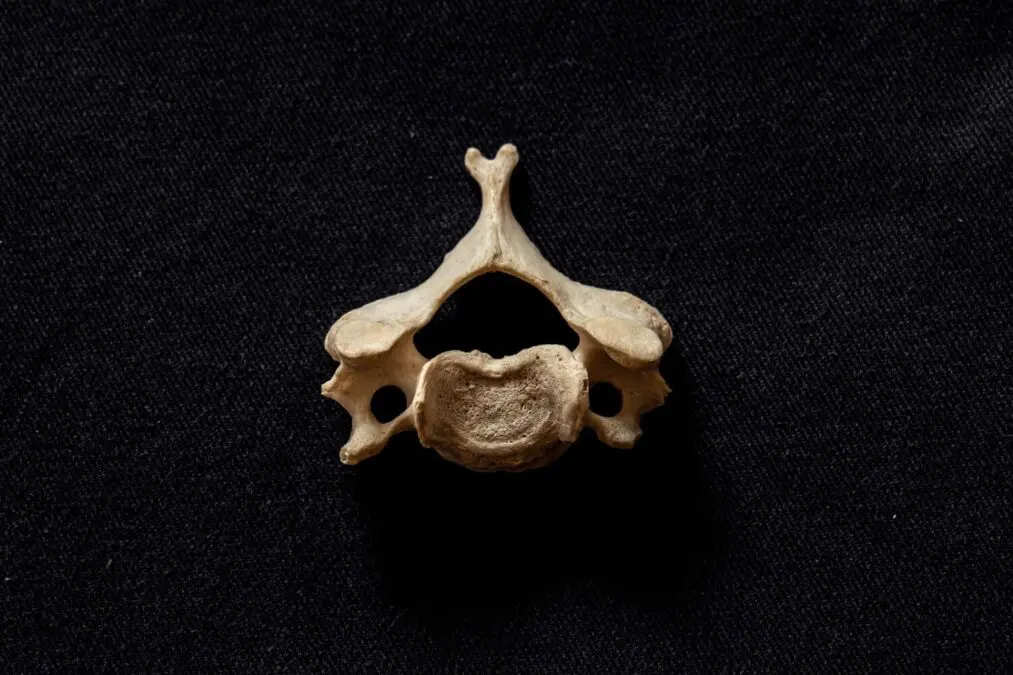Vaccines against human papillomavirus (HPV) have been in use for 15 years. Clinical trials demonstrated early on that these vaccines are safe and effective. Those countries that have achieved high rates of HPV vaccination coverage have already demonstrated the real-world impact of vaccination: significant reductions in HPV infections, precancerous cervical lesions (CIN) and genital warts, the latter in both females and males.
New data from one of the first countries in the Region to introduce HPV vaccination reveal just how well the vaccines work to prevent invasive cervical cancer. In England, United Kingdom, researchers found that the HPV immunization programme has almost eliminated cervical cancer in women born since 1 September 1995 (who were vaccinated at age 12−13). Incidence among these women of late-stage (grade 3) CIN that could later develop into cancer has also been significantly reduced.
No time to waste
In the Region, more than 66 000 women are diagnosed with cervical cancer and more than 30 000 die from it annually. Considering HPV vaccines’ very good safety profile and proven high impact, it is urgent that all girls in every country have easy access to this protection.
Over the last decade, the Region has been expanding access to HPV vaccines and uptake is increasing. The vaccines are now routinely offered to girls (and in some countries also to boys) aged between 9 and 14 in 38 of the 53 countries of the Region.
In 2019–2020, 20 countries vaccinated more than 50% of the targeted adolescent girls, and 8 countries were able to reach 80%. Timely vaccination before each cohort encounters the virus is key to preventing its later spread.
Elimination of cervical cancer
The results from England reiterate that cervical cancer is a preventable disease. It is also curable if detected early and adequately treated. The Global Strategy to Accelerate the Elimination of Cervical Cancer as a Public Health Problem outlines strategic actions and sets 2030 targets for countries to achieve to be on the path towards cervical cancer elimination.
To that end, in collaboration with partners, WHO/Europe is developing the “Roadmap to accelerate the elimination of cervical cancer as a public health problem in the WHO European Region 2022–2030”. It will outline a path based on universal and equitable access to HPV vaccination, appropriate cervical cancer screening and timely diagnosis, and quality treatment and palliative care for all women.
Together, these actions give us the opportunity to eliminate cervical cancer as a public health threat in the Region and contribute to the global vision.







